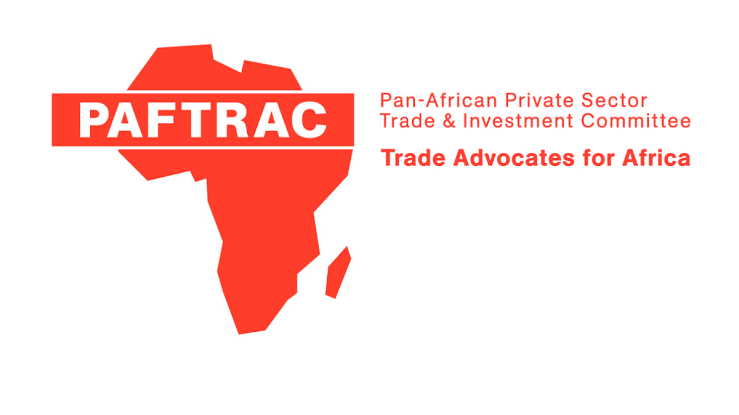Businesses in Nigeria are losing a staggering N2.5 trillion every year due to persistent inefficiencies at the country’s ports and a glaring infrastructure deficit, according to a report by the Lagos Chamber of Commerce and Industry (LCCI).
Speaking at a stakeholders’ forum in Lagos, the President of LCCI described Nigeria’s ports as some of the most expensive in West Africa. He warned that these challenges are harming trade, discouraging investment, and pushing up the overall cost of doing business in Nigeria, at a time the country should be tapping into the African Continental Free Trade Area (AfCFTA).
He highlighted major issues such as severe congestion, dilapidated infrastructure, and a lack of automation—particularly at the Apapa and Tin Can Island ports. These challenges cause long cargo dwell times and high demurrage charges, increasing the cost of goods and weakening the competitiveness of Nigerian exports. He also noted that administrative bottlenecks, outdated manual procedures, and complex bureaucracy have made Nigerian ports expensive and prone to corruption compared to neighbouring countries.
Beyond the ports themselves, he raised concerns about the outdated nature of port facilities and the poor connection to road, rail, and inland waterways. These problems not only slow cargo movement but also raise logistics costs. Insecurity in the Gulf of Guinea, including piracy and maritime crime, has further pushed up insurance costs and discouraged foreign shipping companies from doing business in Nigeria.
To underscore the gap, he pointed to countries like Singapore, the Netherlands, and China. Singapore, for instance, handles over 37 million containers annually using its advanced National Single Window (NSW) system, which speeds up cargo clearance. The Netherlands’ Port of Rotterdam uses automation to reduce delays, and Shanghai, with over 43 million containers yearly, leads with deep-water infrastructure and integrated logistics.
The LCCI called for full digitalization of Nigerian port operations, minimal human interference, and stronger public-private partnerships to attract investment and technical expertise. The Chairman of LCCI’s Public Affairs and Advocacy Committee noted that cargo clearance in Nigeria takes 14 to 20 days, compared to less than 24 hours in leading ports globally, blaming poor infrastructure, complex customs processes, and weak logistics systems.
In a keynote speech delivered on behalf of the Nigerian Shippers’ Council (NSC), it was revealed that Nigeria’s port charges are 30 to 40 percent higher than the West African average. The NSC is working on a Port Pricing Index to improve transparency and benchmarking, while also pushing for multimodal cargo evacuation and the full implementation of the NSW system to reduce delays and road dependence.
The Nigerian Ports Authority (NPA) said it has started port modernization projects across Apapa and Tin Can, including upgrades and automation of terminal operations. It also highlighted its collaboration with the International Maritime Organisation to launch a Port Community System, improve internet access at the ports, and boost security. The NPA added that new Export Processing Terminals (EPTs) have been introduced in Lagos to support non-oil exports and streamline export procedures.
The forum concluded that lack of coordination among port agencies, outdated regulations, corruption, and poor infrastructure are the main obstacles at Nigerian ports. It called for stronger collaboration between government and the private sector to address these systemic issues. The LCCI warned that unless urgent reforms are implemented, Nigeria risks missing out on the economic benefits of AfCFTA.










